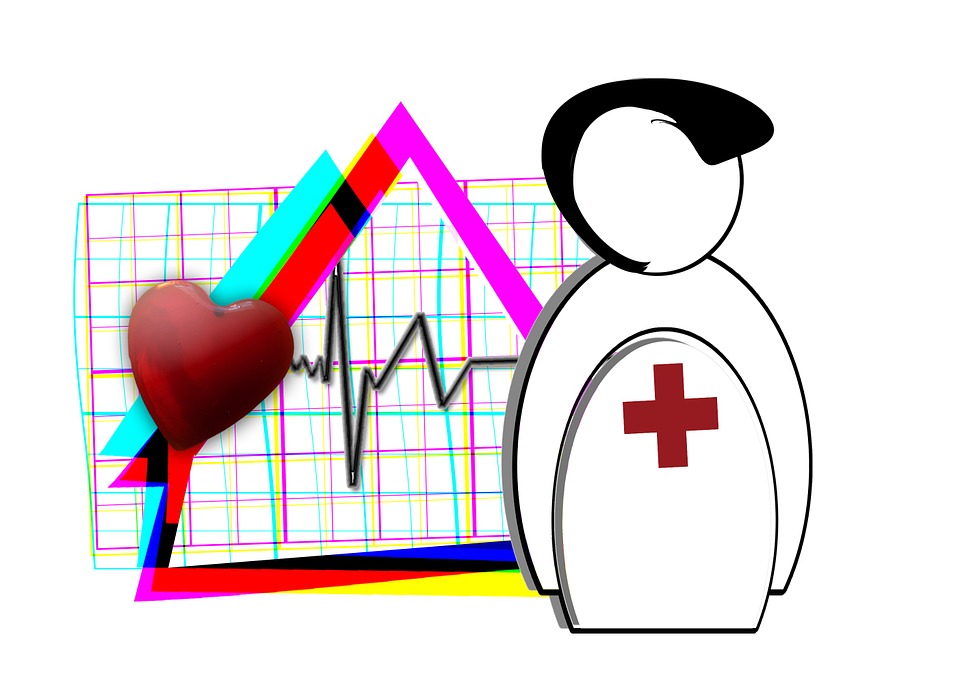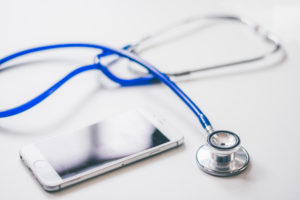HPV Vaccine
HPV or human papillomaviruses is a group of almost two- hundred viruses that are related with each other. There are more than forty types of HPV that can easily spread and transmitted by direct sexual contact from the infected person’s skin and mucous membrane to their partner’s mucous membrane. They can easily spread through anal, vaginal and oral sex.
What cancers that may be caused by HPV?
- Cervical cancer
- Anal cancer
- Oropharyngeal cancer
- Rarer cancer
Who gets the infection of HPV?
A person who is sexually active can have HPV. It can be easily transmitted by sexual contact. These infections can be more likely for those who have many sexual partners and whom who had sex with anyone who also have so many sex partners. This infection is very common, that’s why even those who are first time for being sexually active can get this HPV.
Can this be prevented?
By HPV vaccination, you can reduce risks for infections. HPV vaccines are providing strong protections even from the newer infections, but it is not really effective for treating those who already established disease and HPV infections. Consistent usage of condom can also be associated to reduce the transmission between partners. However, not all areas are covered by condoms, that’s why vaccine is still needed.
Who should get HPV vaccine?
People with the age of nine up to twenty- six can already be vaccinated for protection against the genital warts and different kinds of HPV. It is also recommended for children aging from eleven to twelve to fully protect them over years before they already belong to those sexually active people. Those who are older than twenty- six isn’t usually vaccinated. But then regardless of age you should still talk to your doctor or nurse to know if HPV vaccine can still benefit you.
Are there any side effects?
There are researches shown where they prove that HPV vaccine are safe. But one of the most common side effects that you may encounter is the redness and temporary pain of the area that has been shot. The reason why HPV vaccine became so controversial, is definitely because it can prevent sexually transmitted infections that leads to the belief that it not really appropriate for children. But then, this vaccine can best work if you have been vaccinated long before you already get any sexual intercourse. So, it can be a good idea if you will have it when you are still young to prevent any kind of cancers later in your life.
If you already have an HPV infection, can vaccine treat it?
If you are already having an infection, HPV vaccine can’t absolutely treat it. It is only for protecting you from getting the other types of HPV. Once you already have the disease, go to your doctor immediately and ask for the treatments that you needed.
Research said that HPV vaccines can protect you in a longer period of time. So, getting vaccinated immediately is a great choice for future purposes.


 The prevalence of sexually transmitted diseases in this present age is at its peak. And yet there are lots of things we all need to know about seeking treatment, learning about the STD symptoms as well as how and where to get tested for the same. If you are having multiple sex partners, you are at risk of having STDs. Having such a disease is never the end of the world, but it needs an early intervention and cure to get a full recovery. If it is left unattended, it may create severe issues later on. If you think that you might have gotten any sexually transmitted disease, then you should get tested for STDs as soon as possible. If you plan for STD screening, it is important that you do not just settle for any place. Rather, you should opt for a place where your privacy will strictly be upheld and you get the guarantee that your test results would never be disclosed. With that said, below are how and where to get tested for sexually transmitted diseases.
The prevalence of sexually transmitted diseases in this present age is at its peak. And yet there are lots of things we all need to know about seeking treatment, learning about the STD symptoms as well as how and where to get tested for the same. If you are having multiple sex partners, you are at risk of having STDs. Having such a disease is never the end of the world, but it needs an early intervention and cure to get a full recovery. If it is left unattended, it may create severe issues later on. If you think that you might have gotten any sexually transmitted disease, then you should get tested for STDs as soon as possible. If you plan for STD screening, it is important that you do not just settle for any place. Rather, you should opt for a place where your privacy will strictly be upheld and you get the guarantee that your test results would never be disclosed. With that said, below are how and where to get tested for sexually transmitted diseases.

